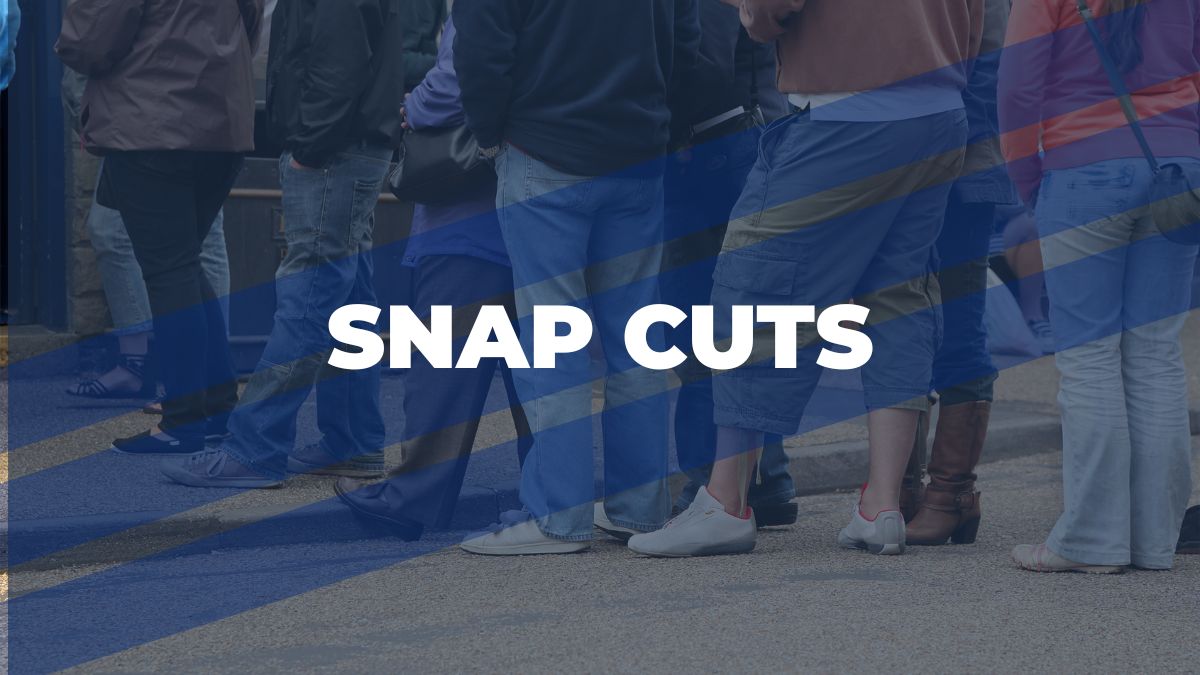Many struggling North Carolina families, health care providers, and food banks are bracing for the impact of Trump and Republican allies’ spending bill that became law last week.
Since its creation 50 years ago, the Supplemental Nutrition Assistance Program (SNAP) has provided critical food benefits to help low-income children, older adults, people with disabilities, and working people afford nutritious food.
The federal government covers the full cost of SNAP benefits; however, with Trump’s bill changing this, states will be required to pay a portion of the cost.
“We are in the middle of the worst hunger crisis North Carolina has seen in nearly 20 years,” Jason Kanawati Stephany, Vice President of the Food Bank of Central and Eastern North Carolina, told ABC 11. “Not only are we going to see a worsening of hunger in our community immediately, we’re going to see long-term economic devastation, I don’t think anybody has planned for.”
Trump’s cuts to SNAP will put over 40 million Americans at risk of food insecurity. In North Carolina alone, more than 1.4 million people rely on SNAP benefits, with 600,000 of them being children, and over 46,000 are veterans, according to Governor Josh Stein’s office.
In addition, an analysis from The Commonwealth Fund found that the cuts would weaken North Carolina’s economy and lead to the loss of 4,700 jobs in the state in 2026 alone.
Food bank leaders have highlighted the growing demand for food assistance, as North Carolina is undergoing a hunger crisis. According to Kanawati Stephany, food banks are seeing double-digit increases in the number of families seeking food assistance. Currently, the Food Bank of Central & Eastern NC sees around 600,000 North Carolinians.
“It’s a great concern, because the reality is the food banks across the state, we will not be able to make up for these cuts,” Eric Aft, Board Chair of Feeding the Carolinas and CEO of Second Harvest Food Bank of Northwest NC, told WXII. “That means that we’re going to have hungry children, seniors, veterans, and families out there.”
Other local organizations and agencies, such as the Inter-Faith Food Shuttle, said the harmful bill could have a trickle-down effect, particularly on our farmers.
“We’re highly concerned that rural grocery stores may close or reduce services, which would worsen food deserts,” Lorenza Wilkins, Chief Administrative Officer at the Inter-Faith Food Shuttle, told ABC 11.
“American farmers supply roughly up to 80% of the food purchased through SNAP. It will have a significant economic harm to our small businesses.”





